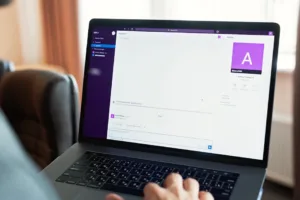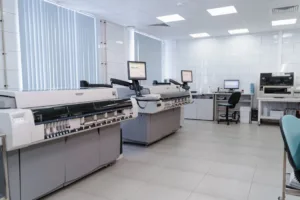
Recent reports from UK security agencies indicate a concerning escalation in Chinese espionage activities targeting London, with physical and cyber surveillance tactics deployed near government hubs. According to intelligence sources, public spaces such as pubs, park benches, and transport hubs have been compromised with listening devices, while cyber operations focus on parliamentary staff and military healthcare systems1. This article examines the technical methodologies, implications for security professionals, and potential countermeasures.
Summary for Security Leadership
For CISOs and security teams, the key takeaways from these reports include:
- Physical Surveillance: Bugs in high-traffic areas (e.g., St James’s Park benches, Westminster-adjacent pubs) suggest adversaries are blending traditional espionage with modern tech2.
- Cyber Targeting: MPs and military medical staff face tailored phishing and zero-day exploits, with NHS data breaches linked to potential bioweapon research3.
- Operational Evolution: Use of AI-driven audio filtering and commercial directional microphones highlights adaptation to counter-surveillance measures4.
Technical Tactics and Infrastructure
The operation leverages both physical and digital attack surfaces. Devices hidden in pub furniture and park benches capture ambient conversations, while cyber operations exploit weak endpoints in parliamentary aides’ devices. The Chinese embassy’s expansion in London has raised suspicions of housing interrogation cells, with transport hubs like Heathrow flagged for suspicious activity5.
Notably, AI-enhanced eavesdropping tools isolate sensitive discussions in noisy environments, a tactic previously observed in APT41 campaigns. Security experts warn that these methods bypass traditional signal-jamming countermeasures4.
Relevance to Security Teams
For defensive teams, the incidents underscore the need for:
- Enhanced Physical Security: Regular sweeps for RF-emitting devices in sensitive locations.
- Endpoint Hardening: Zero-trust policies for devices accessing government networks, especially for junior staff targeted as the “soft underbelly”3.
- Network Monitoring: Detection of anomalous data transfers linked to embassy-associated IPs.
Conclusion
The convergence of physical and cyber espionage tactics in London reflects a broader trend of APT groups exploiting low-tech vectors alongside advanced exploits. Proactive measures, including staff training and infrastructure audits, are critical to mitigating these threats.
References
- “Chinese spies ‘bugging London pubs and park benches,’ security chiefs warn,” Express.co.uk, Apr. 20, 2025.
- “Chinese spies bugging London’s pubs and park benches, security sources say,” Metro.co.uk, Apr. 20, 2025.
- “China ‘bugging pubs around Parliament’ in major security breach,” Mirror.co.uk, Apr. 20, 2025.
- “Chinese spies are bugging London pubs and park benches, security chiefs warn,” MSN Travel, May 2025.
- “Spy chiefs: China bugging St James’s Park benches and London pubs,” Evening Standard via Yahoo News, Apr. 20, 2025.




